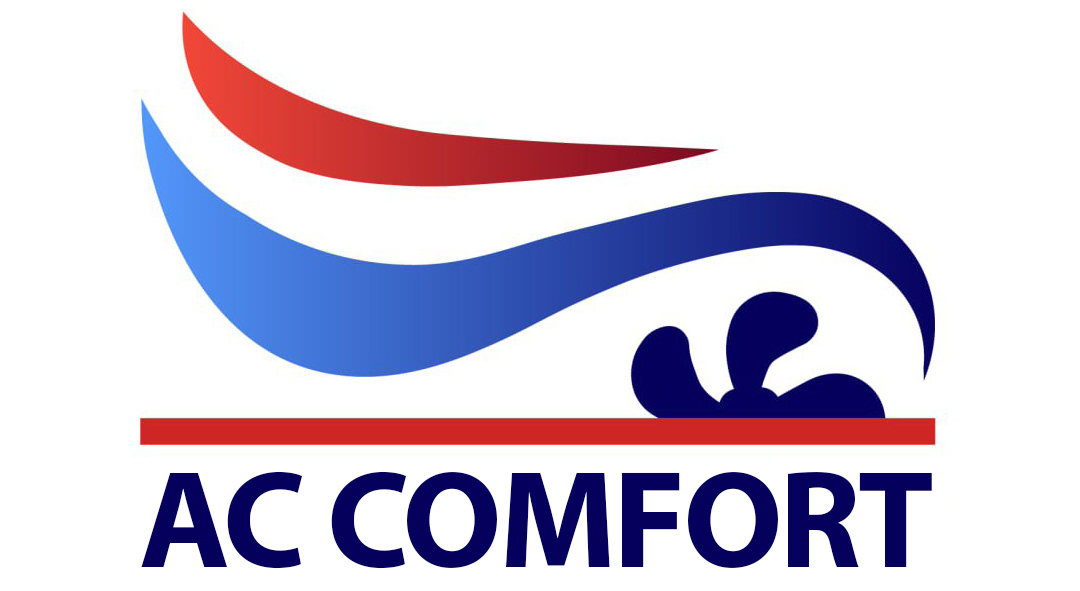As the seasons change and you're waiting for the sweltering summer heat to hit you unexpectedly like snow in winter, it's time to think about an air conditioner that will help keep your home comfortable during the hot months. But what happens when the air conditioner that has served you faithfully for many years suddenly gives up the ghost and refuses to work?
And while there are times when you can get by with repairs, sometimes holding on to old equipment is inefficient. No matter how frustrating it may be, you should solve this problem by replacing the unit in time to avoid putting your health to the test in the heat. When you start looking for a replacement, you'll be surprised by the prices you see. New air conditioners are more expensive than they were a few years ago.
Before you panic that you'll have to shell out an exorbitant amount of money for a brand new system, read on to find out what to expect in HVAC system costs in 2024 and how to get the best value for your money on a new air conditioner.
With the right data, you'll be able to make an informed decision that will keep your home in an optimal temperature for decades to come without breaking the bank.
In this article, we'll break down what's driving AC prices across the country this year, give you an average cost range, and give you tips on how to save money. So arm yourself with the knowledge you need to beat the upcoming heat and save money!
Factors affecting AC unit pricing
Replacing an old AC unit can be expensive. Fortunately, there are a variety of options available at different price points. A mid-size, energy efficient AC unit with professional installation can be had for as little as $6,500 to as much as $9,500.
While you won’t be able to alter your home’s size or bypass professional installation, you will be able to find HVAC replacement models that fit your home, run well, and sell at a lower price. As we will discuss below, you will save money over the long term by talking to your HVAC experts about each of these factors before making a decision.
Optimizing capacity
The size of the AC unit has a direct impact on cost. If your home is larger, you will need a larger, more powerful AC system to properly cool it. However, bigger is not always better. A large AC unit will not remove humidity efficiently and will cost more to operate. Your HVAC professional will evaluate the size and characteristics of your home to determine the correct capacity for optimal comfort and efficiency.
Efficient performance
The higher the SEER (Seasonal Energy Efficiency Ratio) rating, the less energy you use and the lower your utility bills will be. For example, in 2024, a SEER2 rating of at least 13 is recommended by Energy Star and local utilities such as AEP. Although more efficient models cost more up front, you will see a return on your investment in lower operating costs over time.
Installing
Installation accounts for about half of the total cost. This includes removing your old unit, installing the new one, and connecting the new unit to your existing ductwork. It also includes permits and disposal fees. Choose a reputable company to maximize efficiency and take advantage of available rebates and discounts.
With a little smart shopping, you'll be able to replace your air conditioner without breaking the bank. Choose a unit that meets your needs and take advantage of available incentives, such as tax credits. Although prices may fluctuate, the convenience and savings of a new, efficient AC unit are worth it.
Supplemental features
The total cost of an AC installation is not limited to the condenser, air handler, and thermostat alone. Other factors such as permits, electrical upgrades, ductwork modifications, and drain lines can significantly affect the total cost. Before you schedule your AC installation, it is important to discuss all additional fees with your heating, ventilation, and air conditioning (HVAC) contractor to ensure the total cost is in line with your budget.
Device compatibility
If you're just replacing your air conditioner, you need to make sure it's compatible with your furnace. Most single-stage and two-stage ACs will work with most furnace systems, but if you're replacing an AC that's variable-speed, you may need to upgrade your furnace to get the most out of it. Before investing in a new air conditioner, talk to your local HVAC professional about equipment compatibility. They'll be able to tell you if you need to upgrade before installation.
Take a wise and thoughtful decision
By taking these factors into consideration, you'll ensure that you're choosing an AC system that will keep your home as comfortable as possible for decades to come, at a price you can afford. Do your homework, get several quotes, and choose an AC company you trust to provide an efficient system with professional installation.
With a little patience and careful consideration, you can find the best value for your money on a high-performance HVAC system that will keep you comfortable for years to come.
Not sure which HVAC contractor will best serve you with a challenge such as installing a new air conditioning system at the optimal price in Philadelphia and surrounding areas? Call us today for a free consultation and you won't be disappointed!









